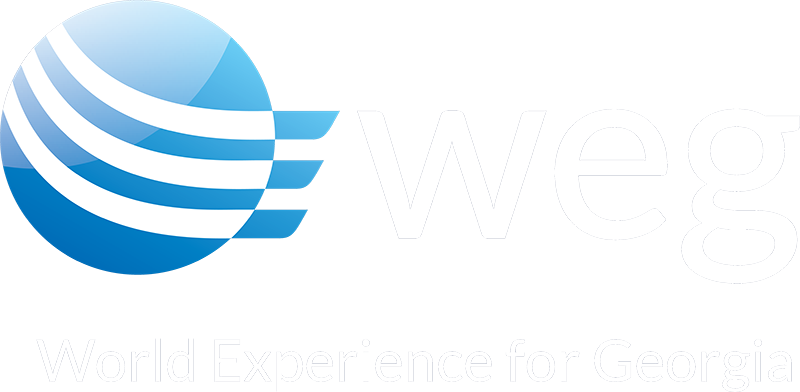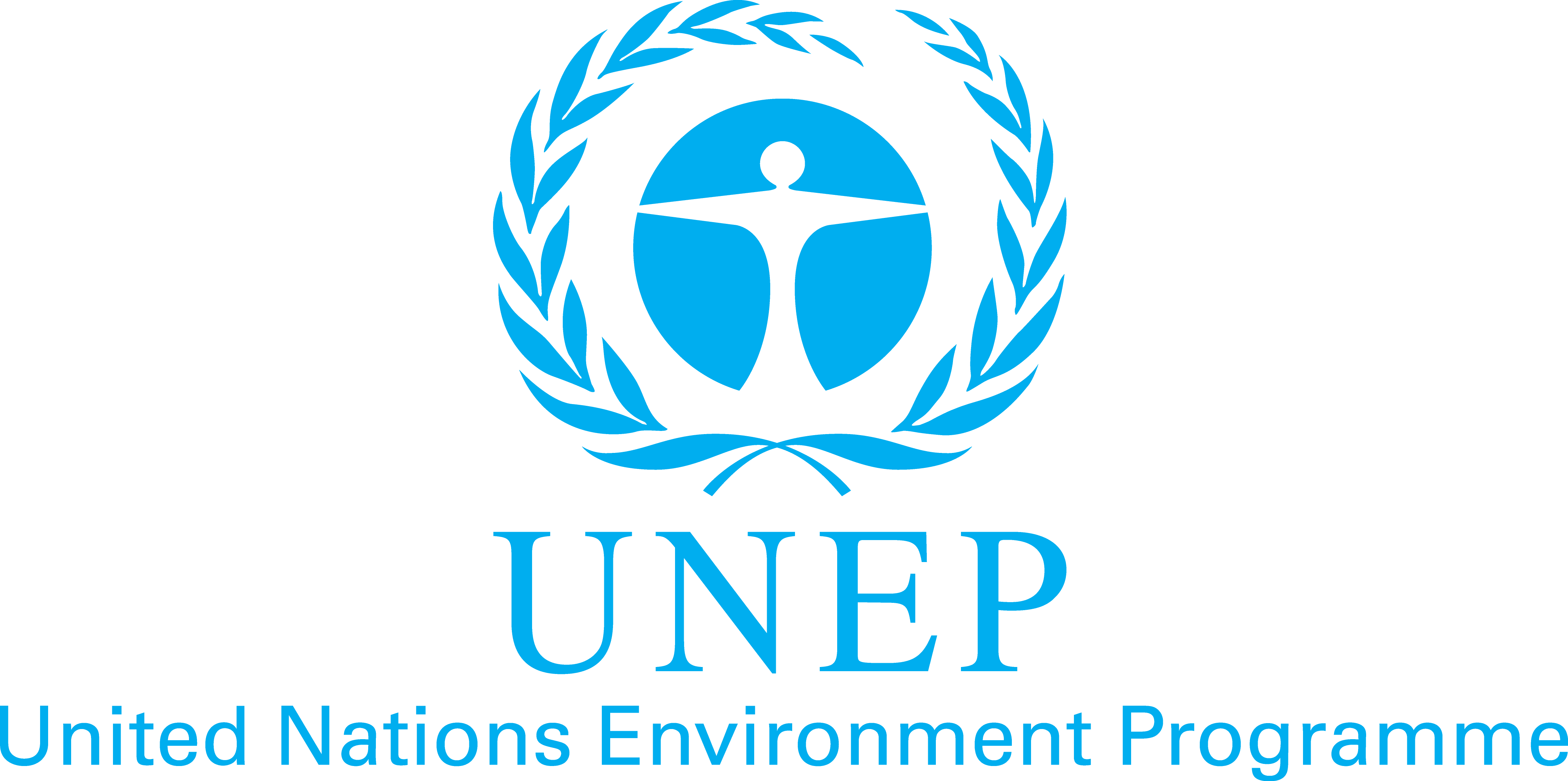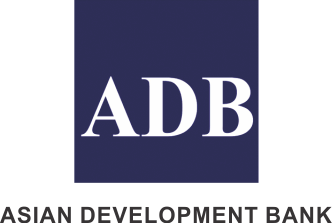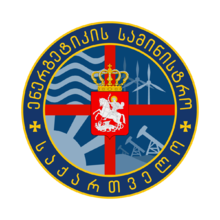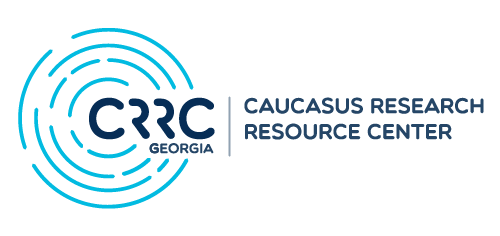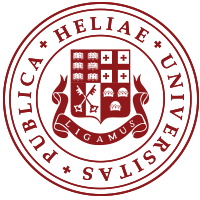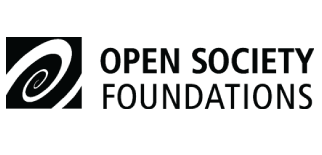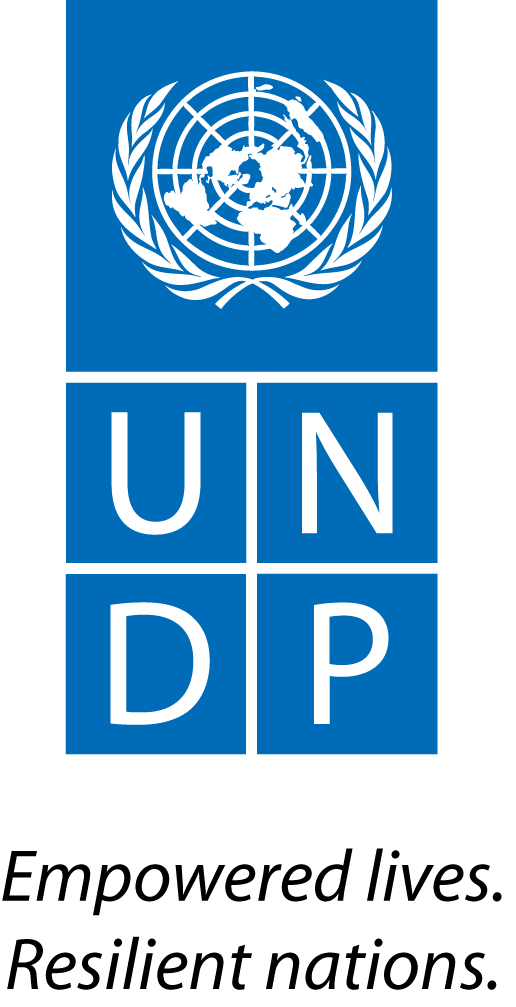Regulatory Impact Assessment (RIA) on the National Energy Strategy
The aim of the study is to evaluate the effective and optimal ways of strategic planning of the country's energy sector, in-depth energy policy and development of relevant strategies, to identify existing barriers and to offer decision-makers measures to overcome them.
previous studies and consultations with experts have shown that the lack of an energy strategy largely contributes to the accumulation of problems in the energy sector, including an increase in monopolistic energy imports, a reduction in private investment, and an increase in public spending through tariff and other subsidies, underdevelopment of renewable energy and energy efficiency, which causes great damage to the sector and national security. Addressing these issues requires an in-depth analysis, development and implementation of a strategic plan, which should be underpinned by appropriate analytical capacity research and political will.
In the RIA, WEG examines three alternative scenarios for the development of the strategy, out of which, creating an analytical center to work on strategy and allocation of moderate funding for energy research, is identified as a priority.
The project is funded by USAID Energy Program
